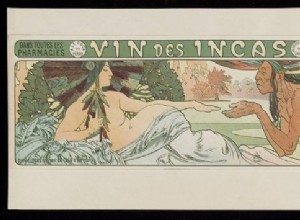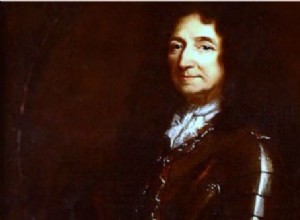Authorities all over the world are struggling with this small bush. The substance isolated from it is one of the most addictive drugs, but the leaves from which it is made do not cause addiction among the indigenous people of South America. Here are 5 interesting facts about coca. Coca is a natu




